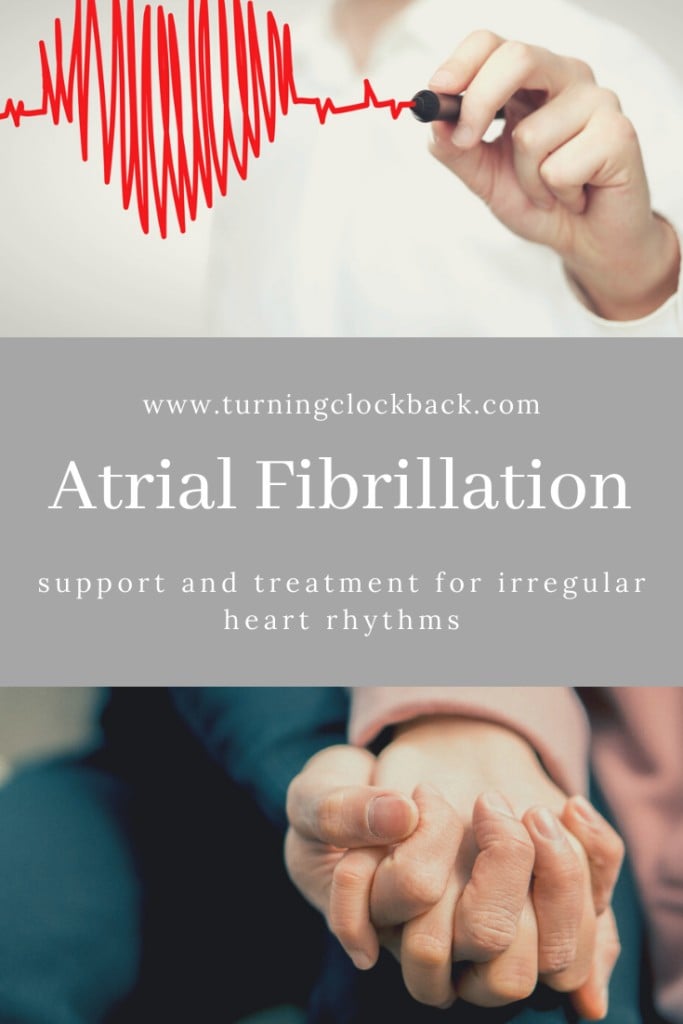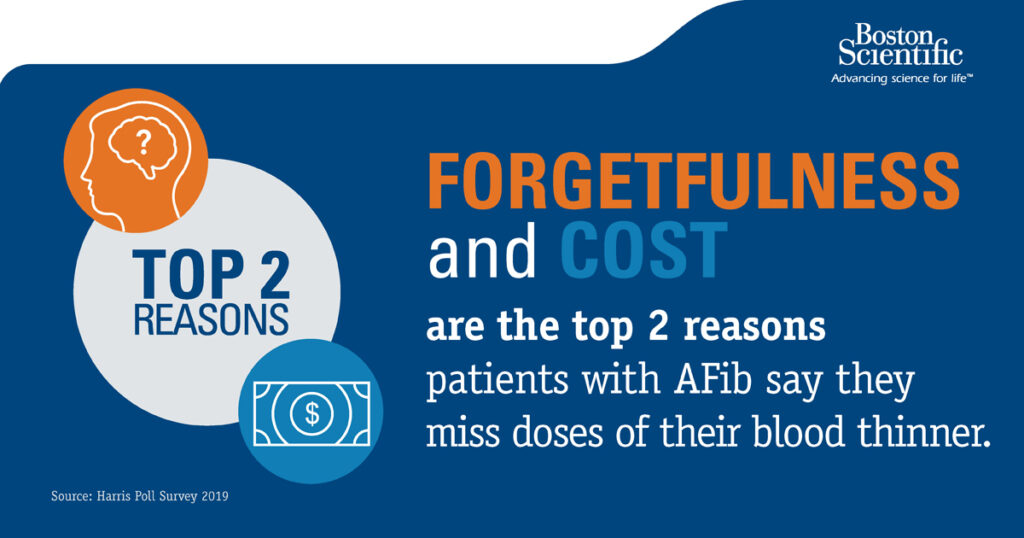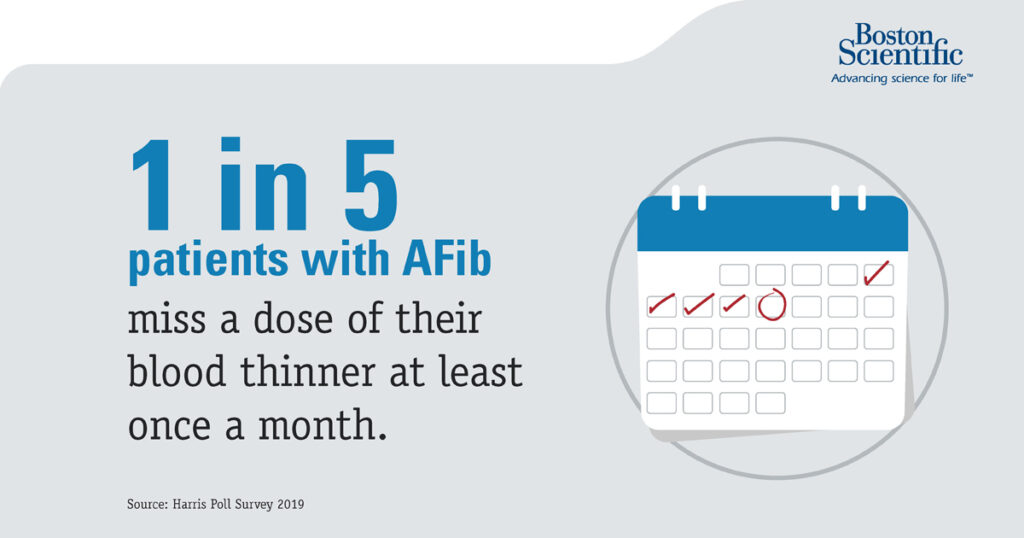This post about treatment options for non-valvular atrial fibrillation was sponsored by Boston Scientific as part of an Influencer Activation for Influence Central. All opinions expressed in my post are my own.
For as long as I have known my husband, his stepfather has dealt with atrial fibrillation. What is atrial fibrillation? Basically, it is an irregular heart rhythm. A simple definition for a significant health problem. No matter the cause, irregular heartbeats create a rather life-altering scenario for patients.
Understanding the condition, getting support from loved ones, and researching state-of-the-art treatments can make a big difference in long-term outcomes. Knowing how complicated this condition is, and how much it has affected my father-in-law, makes this partnership with Boston Scientific very important to me.
Posts feature partner companies & may be sponsored. Post contains affiliate links & I will be compensated if you make a purchase after clicking on links. As an Amazon Associate I earn from qualifying purchases.

Table of Contents
What does an atrial fibrillation diagnosis mean?
Atrial fibrillation (AFib) is the most common type of cardiac arrhythmia or irregular heartbeat. Current statistics say that right now, it is affecting more than five million Americans. That is a truly staggering number. The causes of atrial fibrillation vary greatly, however, no matter the cause, the challenges patients face are similar.

✯Don’t want to miss the next post?✯
Follow Turning the Clock Back on Facebook | Twitter | Pinterest
Or join the private Facebook group for simple tips on going green!
What does this mean for patients diagnosed with this condition? For my father-in-law, it has meant long-term medication plans, changes in lifestyle, and more than one trip to the hospital, unfortunately. Because of their irregular heartbeat, individuals with AFib have a five times greater risk of suffering from a stroke than someone with a regular heartbeat.1 This is a diagnosis that should not be ignored.

What new treatment options do Afib patients want?
Boston Scientific recently conducted a survey of patients suffering from non-valvular atrial fibrillation (not caused by a heart valve problem). They wanted to find out what, exactly, patients were looking for out of therapy. Were they happy with their current medication regimen? What else did they need or want to make their lives easier?

Atrial fibrillation treatment guidelines usually include the use of blood thinners to reduce the risk of stroke. However, these do not come without risk. 1 in 5 patients in the survey said they do not adhere to their dosage as prescribed by their physician. And 74% want to reduce their risk of complications (like bleeding) caused by blood thinners.
They also want greater flexibility to do the things they want to do in their daily life without worrying about irregular heartbeats all the time.

New Treatment Options for Stroke Risk Reduction
For some people, there may be a solution to address the stroke risk associated with their non-valvular AFib. If your loved one is struggling with blood thinners and needs an alternative stroke risk reduction option, considering looking into the Boston Scientific WATCHMAN™ Left Atrial Appendage Closure Device.
This is a permanent implant that offers such patients an alternative to the lifelong use of warfarin, a common blood thinner.
This device effectively reduces the risk of stroke without the complications from the long-term use of blood thinners. WATCHMAN can also eliminate the regular blood tests and dietary restrictions that come with blood thinners.

Supporting a loved one with Afib
My husband and I live far from the rest of our family. That makes helping out in person pretty tough. As my in-laws get older, I am more and more grateful that they have a ton of other family members living close by.
Changing your lifestyle drastically as you age isn’t easy. My own parents are doing it after my mom’s recent hospitalization for her own heart problems. Issues with driving may make getting to the doctor difficult. And staying on top of new therapies and recommended treatment options make going to the doctor regularly vitally important. Heart health is not something to be taken lightly as you age.

Do you have a loved one diagnosed with non-valvular atrial fibrillation who needs an alternative to blood thinners? Ask his or her cardiologist about the Boston Scientific WATCHMAN device. To date, there have been 100,000 implants of the WATCHMAN device worldwide. It is the only FDA-approved implant proven to reduce the risk of stroke in people with non-valvular AFib.
Find out if you or your loved one may be a candidate for the WATCHMAN implant by visiting the WATCHMAN website or talking to your cardiologist today! As with any medical procedure, ask about the risks, which could include internal bleeding, stroke and others.
1 January CT, Wann LS, Alpert JS, et al. 2014 AHA/ACC/HRS guideline for the management of patients with atrial fibrillation: a report of the
American College of Cardiology/American Heart Association Task Force on practice guidelines and the Heart Rhythm Society. Circulation.
2014 Dec 2;130(23):e199-267. doi: 10.1161/CIR.0000000000000041. Epub 2014 Mar 28. No abstract available. Erratum in: Circulation. 2014 Dec
2;130(23):e272-4.

Diane is a professional blogger and nationally certified pharmacy technician at Good Pill Pharmacy. She earned her BS in Microbiology at the University of New Hampshire and has worked in cancer research, academics, and biotechnology. Concern over the growing incidence of human disease and the birth of her children led her to begin living a more natural life. She quickly realized that the information she was learning along the way could be beneficial to many others and started blogging and freelance writing to share this knowledge with others. Learn more about her HERE.
